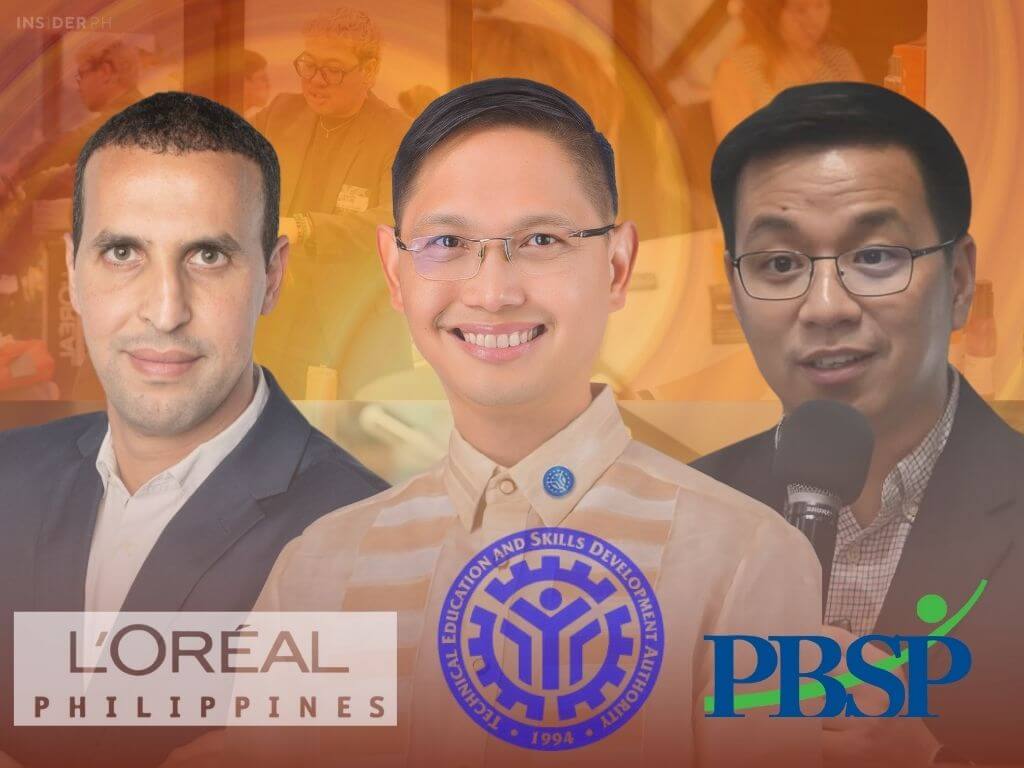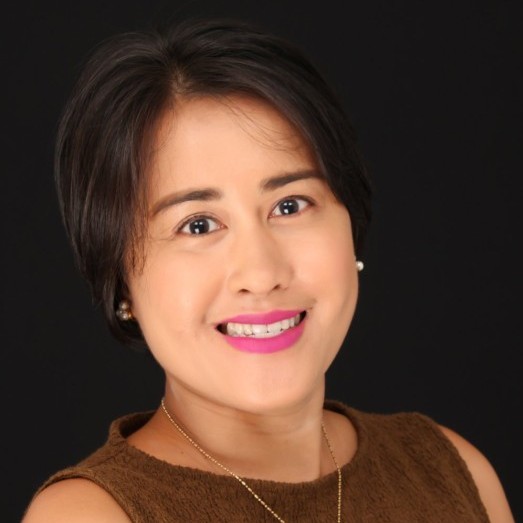

This is evident in the local setting, where Filipinos “show an incredible devotion to their hair.” According to Statista, the revenue from the hair care industry in the Philippines is projected to reach $1.09 billion this year. Data also showed that a typical Filipino spends more than P500 yearly on hair care.
Jose Francisco Benitez, director general of the Technical Education and Skills Development Authority (TESDA), says the beauty and wellness industry is “deeply personal”—a space that builds confidence, nurtures well-being, and sustains the livelihoods of countless families.
“The beauty and wellness sector is more than self-expression,” Benitez says. “It’s a pathway to income, entrepreneurship and social mobility.”
It's one of the key reasons why the beauty and wellness industry is classified as a priority sector in the Congressional Commission on Education’s (Edcom) National Education and Workforce Development Plan. A priority sector like this demands deeper investments in training, greater recognition and a stronger pipeline for workforce development.
Raise the bar
TESDA has officially joined the partnership between the Philippine Business for Social Progress (PBSP) and L’Oréal Philippines for the “Beauty for a Better Life” program, which aims to elevate the standards of the country’s hairdressing industry through innovation, education and skills development.
This landmark partnership expands the “Beauty for a Better Life” program, aimed at creating meaningful change by providing trainees not only a livelihood, but also confidence and a renewed sense of purpose.
The strategic collaboration seeks to elevate Philippine hairdressing by aligning national certification with global standards, offering advanced micro-credentialed training, and championing beauty as a force for economic empowerment.
In-salon training
Trainees will receive in-salon experience and internships with L'Oréal's salon partners to prepare them for professional work or starting their own business. It is also accessible through both in-person and online platforms.
The training expense for the program is funded by L'Oréal and PBSP, making it free for the beneficiaries.
The L’Oréal Academy at the company’s new headquarters in Mandaluyong City will also serve as an accredited hairdressing assessment center, enabling graduates to gain recognition for their skills and competencies under TESDA’s national framework.
The initiative focuses on empowering women of all ages, LGBTQ+ individuals, out of school youth and other marginalized communities through free training in hairdressing and beauty skills.
Since its launch in 2017, the program has already produced nearly 500 graduates. The training enabled the graduates to become business-owners; secure stable jobs in salons; and even become trainers themselves.
Core competencies
TESDA provides nationwide hairdressing national certificate training, covering core skills such as hair cutting, coloring, perming, scalp treatments and basic cosmetology, but more work needs to be done to reach hairdressers in far-flung and underprivileged communities.
TESDA wants to emulate the same ecosystem that fuels the hairdressing industry of Japan, Korea and the United States. These countries view hairdressing as a profession that demands high standards and formal certification.
Benitez adds that the goal here is to match that level of professionalism not by strict regulation, but by improving training quality, equipping workers with globally competitive skills and mapping clear career paths across the value chain of beauty, wellness and care sectors.
The updated program will also introduce the L’Oréal Color Certification—a global program designed to help hairdressers become colorists with internationally recognized skills.
“With TESDA on board, our graduates can compete not just locally, but anywhere in the world.This partnership gives our beneficiaries something priceless: credibility, mobility and better chances for lasting success,” says Elvin Ivan Uy, executive director of PBSP.
77,000 registered salons in PH
Yassine Bakkari, country managing director of L’Oreal Philippines, points out that the Philippines is expected to have 77,000 registered salons in 2025, supported by a growing middle class and rising consumer interest in hair care and salon services.
The salon industry is not only expanding but also evolving, with increasing demand for professional services such as advanced color techniques and specialized treatments, highlighting a significant untapped potential.
The 115-year-old brand is highly committed to its stylists and believes its “powerful portfolio” in this market goes beyond just selling products, focusing on being a platform for stylists to express themselves. They recognize that the biggest challenge for the industry is the need for a trained workforce.
“This partnership is a testament to what can be achieved when the public sector, private companies and nongovernmental organizations unite for a common purpose. Together, we are not just creating a new program, we are building together a more inclusive environment for talented Filipinos,” Bakkari says.
Holistic approach
Hassan Khan, general manager professional products division of L’Oreal Philippines, believes that while education is the core strength and heart of their brand, it should also be a holistic approach, including not only technical upskilling but also business education.
“You might be an excellent technical expert,” he explains, “but if you can’t showcase those skills or leverage them to your advantage, you’re not getting the most out of your talent.” He adds that striking the right balance between technical mastery and business acumen is essential for a salon to thrive.
The program will begin with 50 to 60 hairdressers. The commitment doesn’t stop there as plans are already underway to renew the partnership next year and expand the training to TESDA’s wider network.
Interested applicants may check out the website of TESDA:www.tesda.gov.ph/assessmentcenters and L’Oreal Philippines Facebook page for more information.

Content Producer